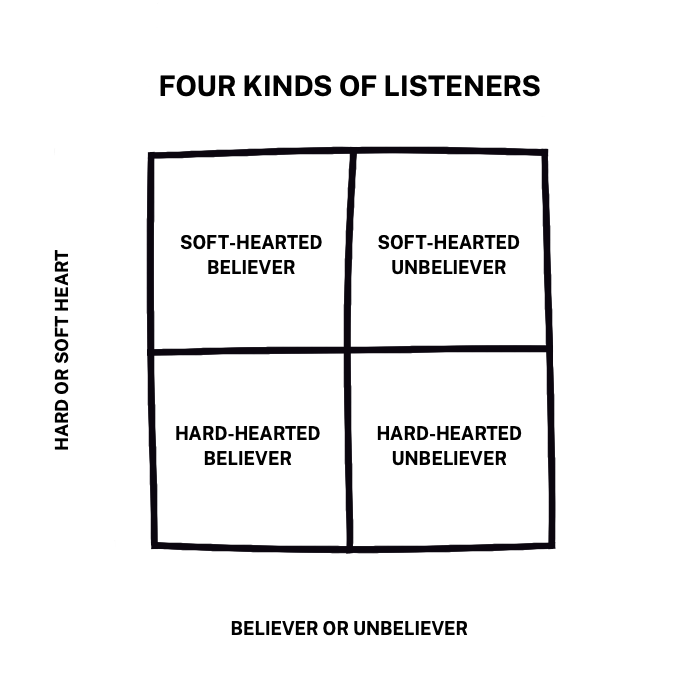Better Application

Application may be one of the hardest parts of preaching, even though it looks like the easiest. It’s easy to confuse applications that are certain for applications that are probable or even applications that are possible. Some things are commanded; many things aren’t, and the preacher had better not confuse the two.
It’s also easy to preach imperatives that aren’t based on indicatives. Obedience flows from grace; what we do comes from what Christ has done for us. It’s sometimes easy to issue commands divorced from the gospel and the empowering work of the Holy Spirit.
And then we have the challenge of applying to the particular people who sit before us. What does this passage have to say to these people?
We all think application is easy, but it’s much harder than it may first appear.
Better Application
There are some things we can do to learn how to get better at application.
Follow the Text
The easiest application is the one that the text offers. Some texts offer direct applications. “Husbands, love your wives as Christ loved the church…” Preach those direct applications! Follow the leading of the text.
Even then, application still requires skill. What exactly does it mean to love our wives? Still, at least the text points us in the right direction. Follow the direction of the text.
Aim for More
Expand the range of application.
Most of us aim at behavior, but that’s only one option. Look for other applications:
- Beliefs — What does this passage tell me to believe?
- Affections — How does this passage call me to feel differently and worship differently?
- Behavior — Only then should we ask how the passage calls us to act differently.
I get the sense that most of us spend too much time talking about behavior and not enough time applying the text to our beliefs and affections, and yet Scripture spends a lot of time in these first two categories.
Think About Your Congregation
Your congregation has four kinds of people:

Within those categories, you have subcategories. For instance:
- Soft-hearted believers include new believers, those who are eager to grow, mature and growing believers.
- Hard-hearted believers could include those who are tempted, struggling, or backslidden.
- Soft-hearted unbelievers include those who are investigating Christianity or who are sensing conviction.
- Heart-hearted unbelievers include atheists, agnostics, and those who once professed faith but abandoned it.
It helps to think of people in each category as you preach.
Some pastors think of particular people in the congregation. Some may even look at the pictures of people who represent each group. However we do it, we benefit from thinking about the different kinds of people who will hear our sermons.
Look for Pinch Points
Trevin Wax encourages preachers to ask, “Where does this text run up against the sensibilities of people in my congregation and in the culture we're living in?” Find that point, and you will find a major point of application. That’s why I often enjoy preaching passages in which Scripture seems to contradict what we normally think. It’s easy to create tension, which helps to maintain interest. It points the preacher toward the demands that the text places on the modern listener.
Apply Throughout the Sermon
Sometimes we wait to apply the truths we’re preaching to the end of the sermon. That can work, but it’s often more effective to apply the text throughout the sermon. Weave exposition and application rather than waiting to the end.
Vary Applications
Tim Keller taught about different categories of application.
- Some of us are doctrinalists. We love to teach about doctrine and how the themes of Scripture resolve in Christ.
- Some of us are pietists. We love to talk about how passages shape our relationship with God.
- Some of us are transformationalists. We love to talk about the societal implications of each text.
Scripture emphasizes all three, and so should our preaching. It’s important for us to know our bent and to include perspectives that we might otherwise miss. We need to avoid getting stuck in ruts and include other kinds of application than the kind we prefer.
We Can Get Better
Application is surprisingly hard, but we can get better.
Let’s preach the text, and let’s apply it well for God’s glory and for the sake of those who hear us preach.





